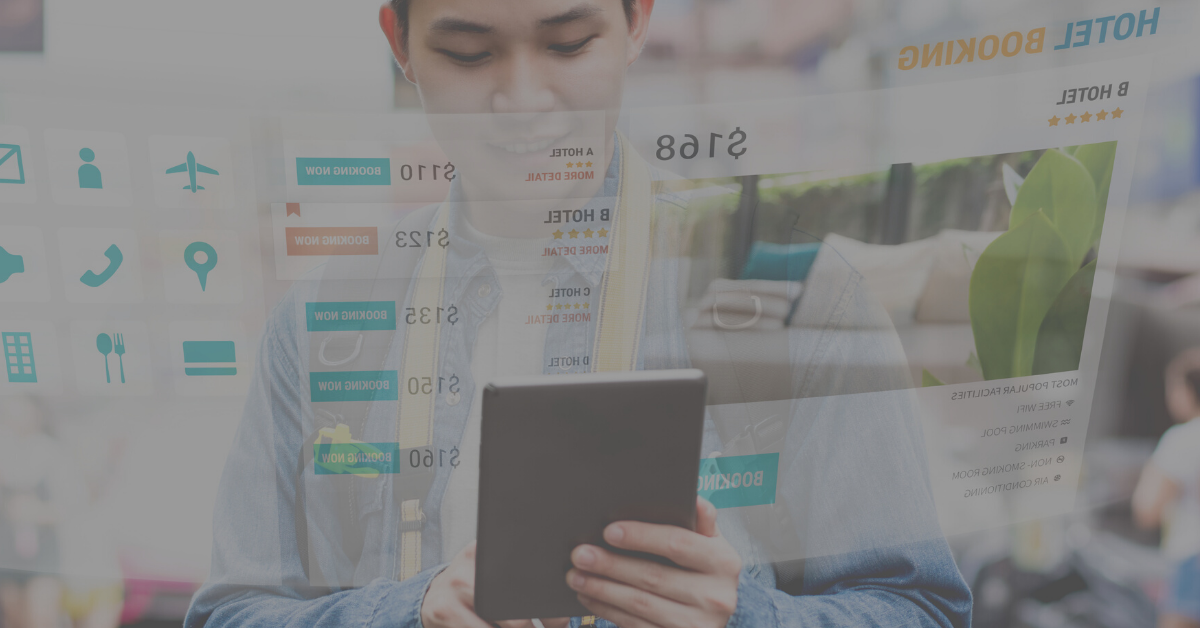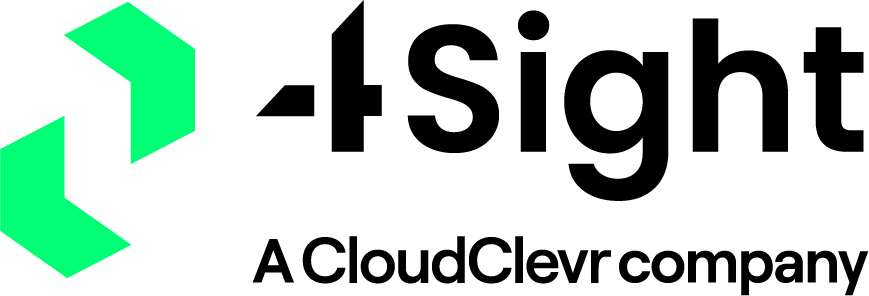TOP 10 Hospitality Technology Trends for 2021

Once long ago, hotels, motels and other hospitality businesses occupied a fairly simple space in people’s lives—they were a place for guests to lay their heads away from home. But anyone who’s spent time in the hospitality industry in the last several years knows that the role of technology in hospitality businesses has drastically expanded.
In many cases, they’re becoming hubs of activity unto themselves. Most of this activity relies directly or indirectly on technology, making IT more important to hotel operations and the guest experience than ever before.
So we’re here to share ten of the top communication technology trends in hospitality today. Check them out. Think about which ones make sense for your business. And if you see an opportunity, you can get out in front and begin planning accordingly. After all, in hospitality, every advantage counts.
1. Cloud Migration
It’s not as sexy as some of the other features on our list, but the hospitality industry has started making the migration to cloud technologies. From the benefits of OpEx expenses on the bottom line, to software integration options, and new innovations coming from emerging technology, cloud communications offers hotels opportunities for back office efficiency with low technology acquisition costs. It’s a no-brainer for new, small properties, but even large hotel corporations are investigating how cloud technologies might simplify operations, reduce staffing needs, and provide a better guest experience. The challenge continues to be ensuring reliability and security beyond 99.99% SLA for those who need it.
2. Service Automation Through AI
Automation continues to be a trend that is changing the way guests are served. With the advancements in Artificial Intelligence (AI), hotels are looking at new ways to interact with guests digitally while freeing up hotel staff to work on other tasks. This also improves the travel experience as language differences can be eliminated, ensuring clear communication with travelers wherever they may be from.
Creating a realistic human experience has been a challenge for developers in the past, but it is evolving every day. While many people are put off by the idea of talking to software that can understand language and respond easily, the day is coming where the difference between a real human and a computer will be indistinguishable. As long as room service and clean towels arrive promptly, do we really care who takes the request?
3. Integrated Guest Applications
The vision of the connected guest entails nearly every aspect of the guest experience. Something as complex as that needs a single hub from which to operate—and guest apps for personal mobile devices are the natural place to host all of these functions. A smartly designed application combines everything from deal notifications to hotel services to loyalty programs. If you see a guest used the group rate for a conference, you could use the app to electronically send your guest the event itinerary, complete with an interactive map of meeting spaces where sessions will be held.
Most hotels have some mobile application available already, but they’re adding new features every day. Likewise, innovative developers serving the hospitality industry have are offering interesting capabilities that can be integrate into these hotel applications that grant guests increased ability to engage with hotel staff and other guests at the hotel.
Some of the major flags have already started investigating new ways to create unique, personalized experiences for their guests on their mobile devices. Ultimately, the hotel with a truly connected experience will be full of very happy, very empowered guests.
Check out our range of hospitality applications for staff and guests >
4. Going Touchless
As important as automation and self-service has become, the pandemic has illuminated the need to reconsider how guests can interact with amenities. From motion sensors that turn on lights, to voice-activated control of appliances, advancements in IoT devices and natural language processing (NLP) has given hotels and the developers who serve them, the toolkit to tie these emerging technologies with their integrated guest applications providing futuristic experiences. Even existing features like digital room keys that allow guests to unlock doors using their phones are gaining renewed interest. Reducing contact with commonly touched interfaces allows guests to stay safe and housekeeping staff to sanitize and prepare rooms faster.
All of this can also be integrated into the property’s communication system providing administration staff greater visibility to what’s going on across the hotel. As these devices work in concert to care for guests and accelerate service, new options emerge for staffing, customization, and experiential design.
5. Wireless Mobile Devices For Staff
Already popular in the hospitality space and other industries in Europe, SIP-DECT is a mobility-enabling alternative to VoWLAN and radio-based networks that’s starting to get attention in North America.
Many SIP-DECT setups bring the kind of features usually found on a fixed network to mobile workers all over your hotel or campus without tethering them down to specific locations. Since hotel service staff, like housekeeping, valet, concierge, and event staff are often on the go, SIP-DECT a natural fit for hoteliers.
With relatively low cost compared to the alternatives, ease of deployment and quality, predictable voice quality, is poised to take off in a big way.
6. Location-Based Services
Being able to understand where hotel staff and guests are located at any given time creates all kinds of opportunities to improve the guest experience—from delivering services to guests wherever they are on property to helping event staff operate more efficiently to turning over rooms more quickly and beyond. Some employee location-based features are already available using SIP-DECT technologies, but this is just the beginning. This is a category to keep an eye on.
7. Technology Lounges
Think hotel business centers to the extreme. This is place where guests can get out of their rooms but still have access Wi-Fi to relax or get work done. The use cases for technology in hospitality seem to grow every year, and savvy hospitality businesses are transforming these guest desires into stylish semi-public spaces where guests can engage tech on their terms. Many guests are even beginning to include these kinds of technologies in their online hotel search criteria, so hospitality businesses that lack them may eventually find themselves at a disadvantage.
8. Self-Service Meeting Spaces
The modern meeting space has evolved. No longer is it about tables and chairs and nice serving carts. Modern meetings run on technology. Business people need to make multimedia presentations and videoconference remote attendees—sometimes both simultaneously.
And for the marathon meetings, they’d like access to services like catering with minimal interruptions. Most of all, smart hotels know they need these spaces to be as user-friendly as possible. The A/V rooms of the past that required dedicated engineers are no longer an option.
If you think these kinds of business needs are limited to boardroom-style conference spaces, you’re missing an important part of the picture—business customers are increasingly asking for advanced technology enablement in ballrooms and event halls, as well.
9. Social Listening
Guests have a lot to say about their experiences at hotels, but they don’t always say it directly to you. And in a hospitality world where word of mouth and online reviews have more influence every day, it’s one of the reasons that more and more hotels have started investing in social listening tools. These tools allow hotels to find out about guests’ wants, needs, desires, complaints and more—and jump into the conversation if it makes sense. Some even let you keep an eye on the competition. The Internet is treasure trove of business intelligence if you know how to look.
10. Predictive Analytics
The era of big data started years ago, but as more industries learn the insights that can be gathered by collecting and analyzing data, the small tweaks information can provide can be the difference between a guest thinking all hotels are largely the same, to one flag standing out, one property becoming a preferred place to stay, one that gets recommended to others.
As we proceed into the future, it is clear that the broader themes affecting the hospitality industry are communications efficiency and mass customization. From integrated cloud communications to touchless, interactive service, the potential for the hospitality industry to revolutionize the guest experience has never been as imminent as it is today. With limited travel and reduced occupancy caused by the global crisis, these advancements are timely and necessary to the long-term success of these organizations.



